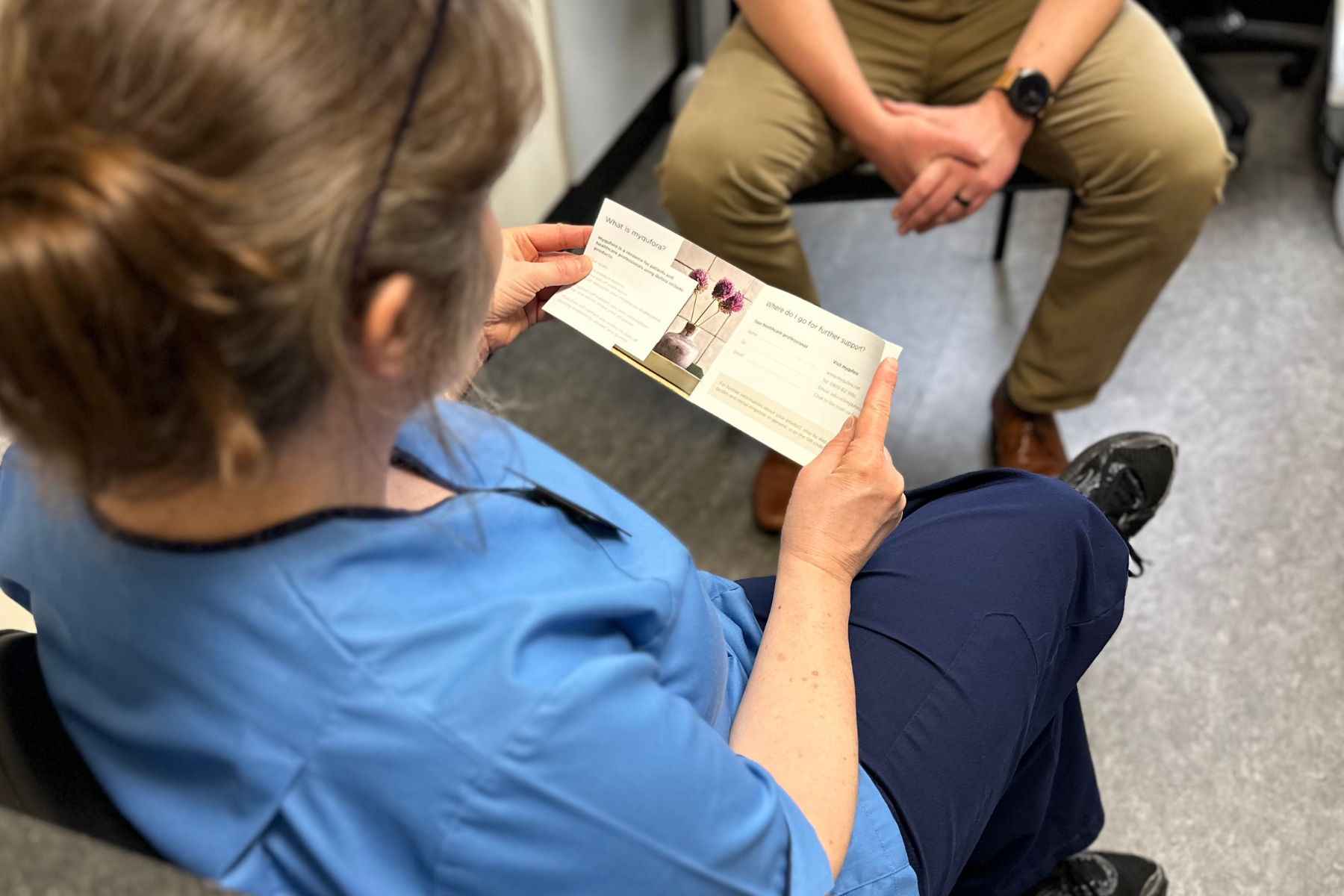Summary by Michelle Henderson
INTRODUCTION: The PERSPECTIVE* study has examined the burden of a wide range of functional bowel disorders (FBDs) on lifestyle including quality of life, work productivity and healthcare utilisation. FBDs include all types of irritable bowel syndrome (IBS), functional constipation and functional diarrhoea alongside evacuatory dysfunction and faecal incontinence. In clinical practice, patients often describe these symptoms as taboo, and their impact on quality of life is significant. PERSPECTIVE has also explored how people with FBDs use transanal irrigation (TAI) for these symptoms, as real-world experience.
Professor Yan Yiannakou1 and Michelle Henderson2 led the study whilst working together in Durham. Michelle has since joined MacGregor Healthcare as Clinical Education Lead.
So far, analysis has focused on the use of TAI and an overview of the findings are summarized below.
METHOD: This large, on-line questionnaire-based study utilised two existing cohorts of people – the ContactME-IBS database and the Durham transanal irrigation database. 933 complete data sets were collected over a 4-week period.
RESULTS: Of the 933 respondents, 183 (20%) had TAI experience. Of these, 110 (60%) continue to irrigate and 73 (40%) had stopped. Effectiveness of TAI at 3 months correlated positively with effectiveness at 6 months, with a trend for effectiveness continuing up to 12 months and beyond. Thus, supporting the notion that TAI remains effective in the longer term. Respondents with diarrhoea-type symptoms were more likely to continue using irrigation (26, 74%), suggesting good efficacy. Those with mixed symptoms were more likely to have stopped using TAI (26, 87%).
CONCLUSION: PERSPECTIVE has demonstrated a success rate of 60% for TAI across a range of FBDs. Effectiveness at three months is a reasonable indicator of longer-term effectiveness. Many respondents were still irrigating after 5 years, with variable frequency, suggesting they choose a regime to suit their condition and lifestyle. TAI can also benefit patients with diarrhoea, an area which may merit future research. Greater awareness amongst health care professionals, about the benefits of using TAI for a broad range of FBDs and considering approaches to maximise effectiveness of this therapy, may help more patients.
*PERSPECTIVE: Patient pERSPective of functional bowel disorders: Effects on lifestyle, experienCe of Transanal Irrigation and effects of the COVID-19 pandEmic.







